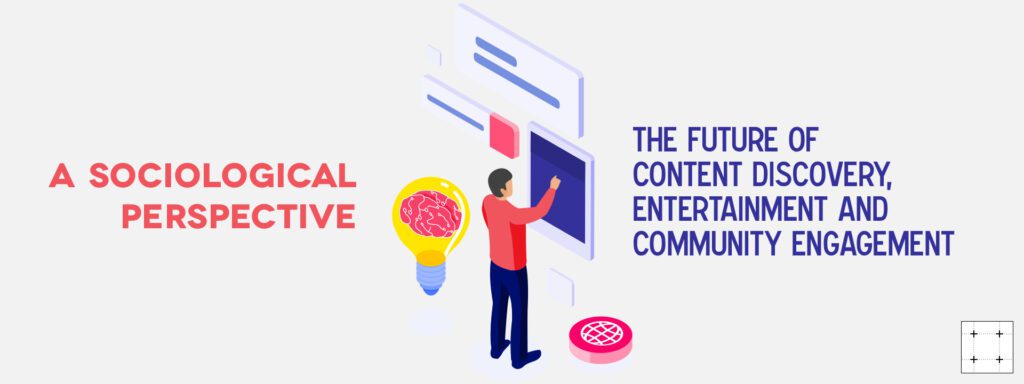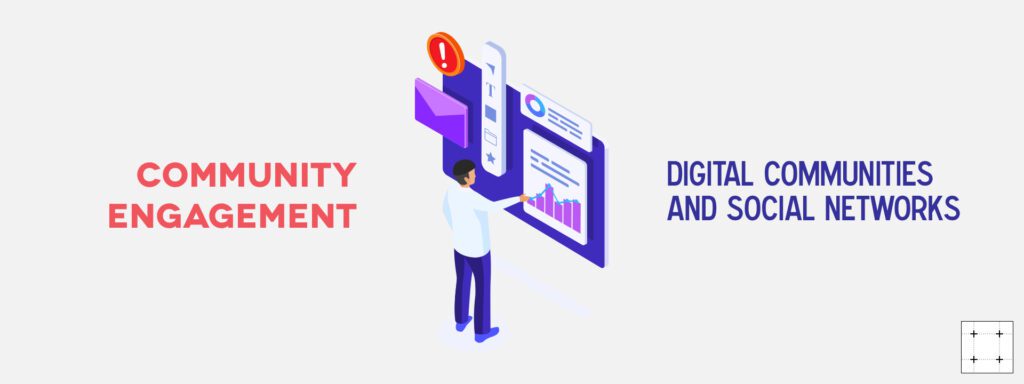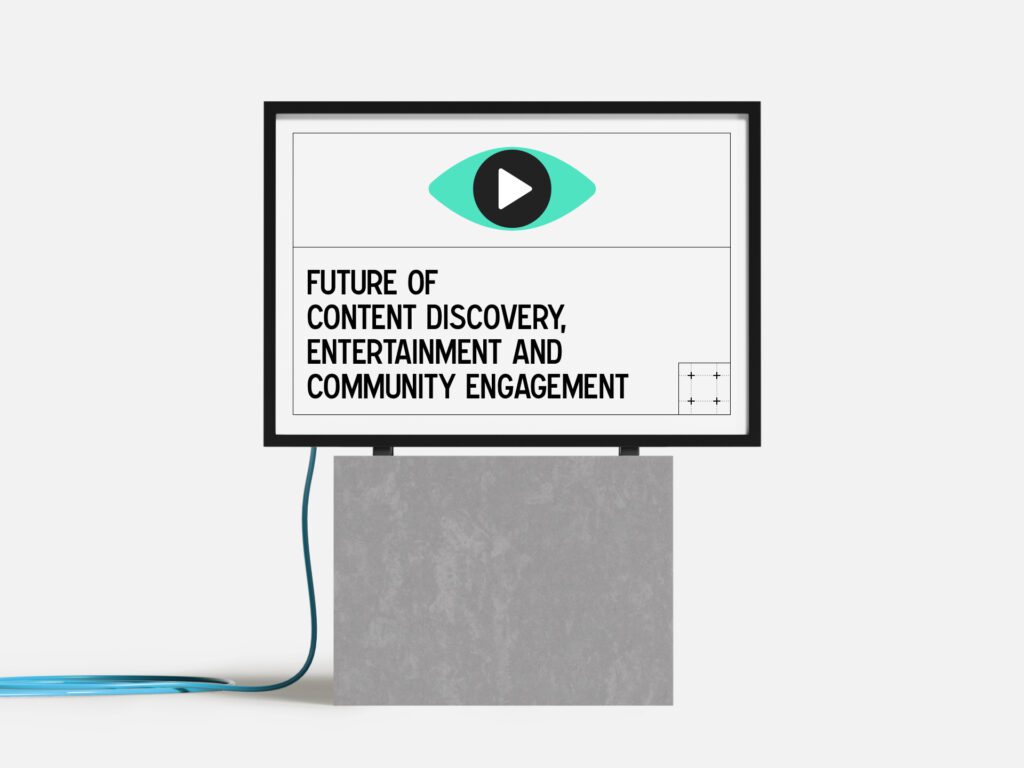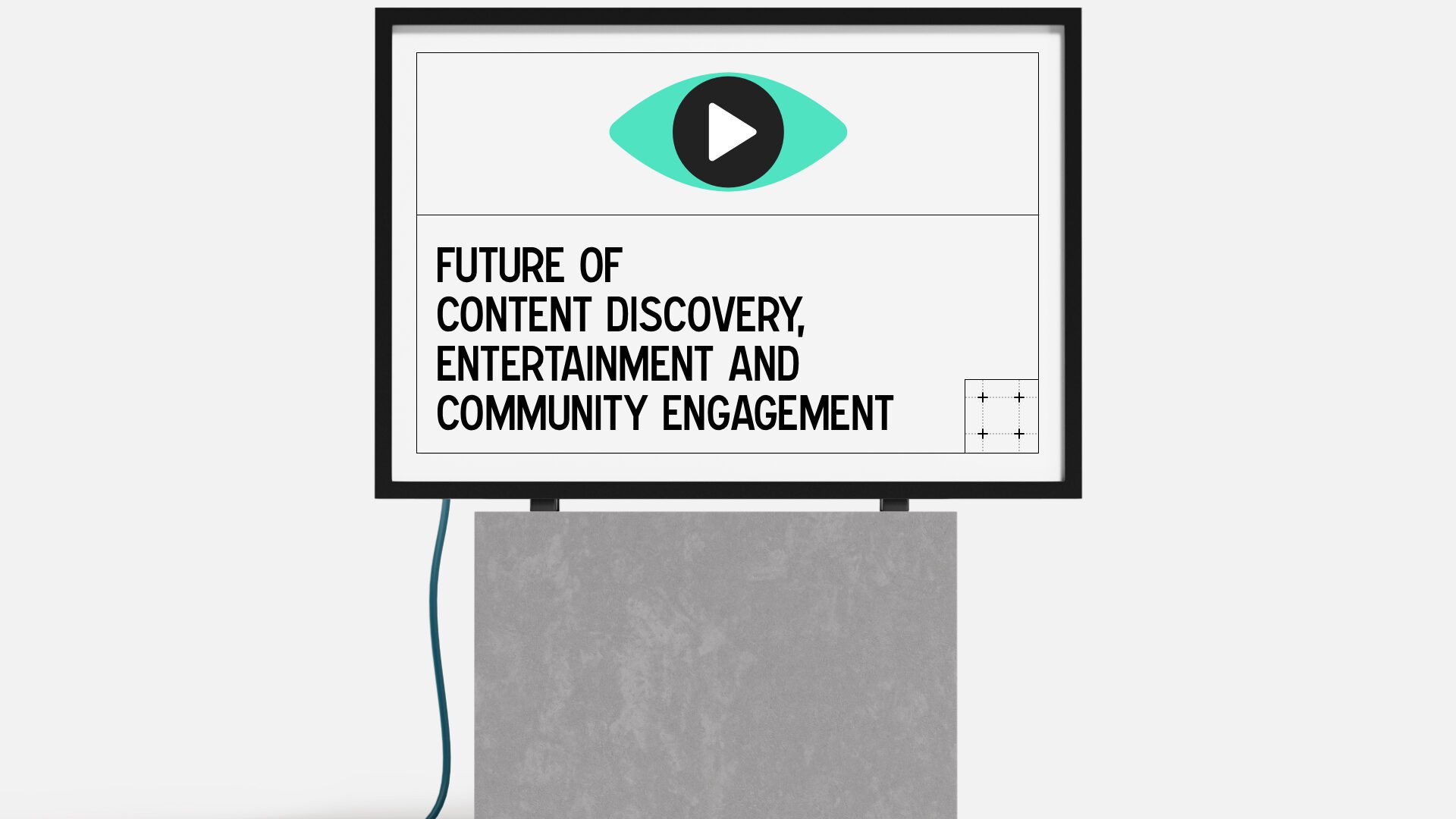A Sociological Perspective

As we venture further into the digital age, content discovery, entertainment, and community engagement are undergoing rapid and unprecedented transformations. In the past, these were separate domains—people discovered content through limited channels such as television, print, or radio; they entertained themselves with films, books, or live performances; and community engagement occurred predominantly within physical, geographically-defined spaces. Today, these three realms are merging into a singular, dynamic space mediated by technology, algorithms, and evolving social norms.
From a sociological perspective, this convergence signals significant shifts in how we define relationships, access information, and participate in communal activities. This article examines the future of content discovery, entertainment, and community engagement, focusing on the impact of technological advancements, changing consumption patterns, and the emerging role of algorithms and artificial intelligence (AI) in shaping human interaction.
1. The Transformation of Content Discovery

Historically, content discovery was a curated experience, heavily influenced by gatekeepers like publishers, record labels, television networks, and movie studios. Audiences were often passive recipients, with limited control over the type of content they consumed. However, the rise of the internet in the early 2000s introduced a new era of democratized content creation and discovery. Platforms such as YouTube, Instagram, and TikTok now empower individuals to create and distribute content globally. This explosion in user-generated content shifted the power dynamic away from centralized institutions to creators and consumers themselves.
1.1 The Role of Algorithms in Content Discovery
The future of content discovery will be shaped increasingly by sophisticated algorithms. AI-powered recommendation systems are already central to platforms such as Netflix, Spotify, and TikTok. These algorithms analyze vast amounts of user data, including past consumption habits, social connections, and even biometric information, to offer personalized content suggestions.
From a sociological standpoint, this shift raises questions about autonomy and agency in content consumption. While algorithms can enhance the user experience by curating relevant content, they also create echo chambers—spaces where users are only exposed to information that reinforces their existing beliefs. This phenomenon, often referred to as “filter bubbles,” poses challenges to diversity in content consumption and can contribute to social polarization.
In the future, we may see the development of more nuanced recommendation systems that balance personalization with content diversity. Sociologists suggest that an ethical approach to algorithm design could help combat these challenges by encouraging users to explore a broader range of content that exposes them to different perspectives, cultures, and ideas.
1.2 Content Discovery in the Age of Hyper-Personalization
As content recommendation algorithms become more advanced, we are moving towards an era of hyper-personalization. In the near future, platforms will likely develop systems that not only suggest content based on user behavior but also predict the emotional and psychological states of users in real time. By analyzing data from wearables, biometric sensors, and even neurofeedback devices, future algorithms will offer content recommendations tailored to an individual’s current mood, cognitive state, or even stress levels.
From a sociological lens, this raises questions about the implications of such deep personalization. While hyper-personalized content could enhance user satisfaction, it could also further fragment public discourse, as individuals are fed content that continually aligns with their emotional or cognitive state. This hyper-individualized content discovery process may isolate users within narrow, self-reinforcing loops, reducing opportunities for shared cultural experiences and collective meaning-making, both of which have historically been central to social cohesion.
2. The Evolution of Entertainment

Entertainment, like content discovery, has undergone significant evolution in recent decades. The rise of digital platforms has led to the decentralization of entertainment production and distribution, with traditional media companies now competing with a vast array of independent creators, influencers, and social media personalities.
2.1 Immersive and Interactive Experiences
One of the most significant trends shaping the future of entertainment is the shift towards immersive and interactive experiences. Technologies such as virtual reality (VR), augmented reality (AR), and mixed reality (MR) are transforming the way individuals consume entertainment. These technologies offer users the opportunity to engage with content in ways that were previously unimaginable, allowing for a more active, participatory form of entertainment.
In VR environments, for example, users can explore virtual worlds, interact with characters, and even shape the narrative of the content they are consuming. Similarly, AR overlays digital content onto the physical world, blurring the boundaries between the real and virtual. The gamification of entertainment, driven by these technologies, is creating new forms of engagement that offer both entertainment and social interaction.
From a sociological perspective, this trend signifies a shift towards more participatory forms of culture. Unlike passive consumption of traditional media, interactive entertainment encourages users to become co-creators of their experiences. This participatory culture has the potential to foster new forms of creativity and collaboration, but it also raises questions about the nature of human interaction. As more individuals spend time in virtual worlds, will they prioritize digital relationships over physical ones? Will the boundaries between reality and fiction become increasingly blurred, complicating individuals’ understanding of the social world?
2.2 The Rise of the Metaverse
The “metaverse” is a term that has gained significant traction in recent years, referring to a collective virtual space that merges physical and digital realities. In the future, the metaverse is expected to be a central hub for entertainment, commerce, and social interaction. Companies like Facebook (rebranded as Meta) and Epic Games have already begun investing heavily in building the infrastructure for the metaverse, envisioning a future where individuals can work, play, and socialize in immersive digital environments.
From a sociological perspective, the rise of the metaverse represents a fundamental transformation in the way individuals experience entertainment and community. In this future digital ecosystem, traditional forms of entertainment—movies, music, games—will merge with social experiences, enabling individuals to attend concerts, sporting events, or even gallery openings in virtual spaces alongside friends and strangers from around the globe.
The metaverse raises complex questions about identity, social norms, and community. As individuals construct avatars to represent themselves in these digital spaces, how will notions of identity and self-presentation evolve? Will individuals conform to existing social norms in the metaverse, or will new, distinct norms emerge? Furthermore, how will relationships and communities formed in the metaverse compare to those rooted in physical, face-to-face interaction?
3. Community Engagement in the Digital Age

The digital revolution has significantly altered the ways in which individuals form and maintain communities. Traditional, geographically-bound communities have given way to online communities that are based on shared interests, identities, or experiences. Platforms like Reddit, Discord, and Facebook Groups offer spaces for individuals to engage with like-minded people from around the world, often leading to the formation of deep social connections.
3.1 Virtual Communities and Social Capital
From a sociological perspective, online communities represent a new form of social capital. Social capital refers to the resources and benefits individuals gain from their social networks, including information, support, and a sense of belonging. Historically, social capital was derived from physical communities, such as neighborhoods, workplaces, or religious organizations. However, the rise of digital communities has expanded the ways in which individuals can accumulate social capital.
In virtual communities, individuals can form connections that are not constrained by physical proximity, allowing for the formation of diverse, global networks. These online communities often provide a sense of belonging and identity, especially for marginalized individuals who may not find support in their immediate surroundings.
However, the digital nature of these communities also raises questions about the durability and depth of these relationships. Are online connections as meaningful as those formed in person? Do virtual communities offer the same level of emotional and social support as physical ones? While many sociologists argue that online communities can provide real, meaningful connections, others suggest that the transient, anonymous nature of the internet may hinder the development of long-lasting social bonds.
3.2 The Future of Civic Engagement
Digital platforms have also transformed the ways in which individuals engage in civic and political activities. Social media platforms like Twitter, Facebook, and Instagram have become key spaces for political discourse, activism, and community organizing. The future of civic engagement is likely to be shaped by the continued integration of digital technologies into these processes.
One potential future scenario involves the use of blockchain technology to create decentralized platforms for civic engagement. These platforms could enable more direct forms of democracy, allowing individuals to participate in decision-making processes through secure, transparent digital voting systems. Similarly, AI-driven platforms could help facilitate more efficient, data-driven forms of community engagement, providing individuals with tailored opportunities to participate in local initiatives or social causes.
From a sociological perspective, the digitization of civic engagement presents both opportunities and challenges. On the one hand, digital platforms can empower individuals to participate in political processes from anywhere in the world, democratizing access to information and decision-making. On the other hand, the reliance on digital platforms for civic engagement raises concerns about digital literacy, access, and the potential for surveillance and data misuse.
4. The Social Impact of AI and Automation

As AI continues to play a more prominent role in content discovery, entertainment, and community engagement, its social implications will become increasingly important. In particular, the automation of content curation and social interaction raises concerns about the loss of human agency and the potential for social inequalities to be exacerbated by algorithmic biases.
Sociologists are increasingly focused on the ways in which AI systems may reinforce existing power structures. For example, algorithms used by social media platforms have been shown to perpetuate gender and racial biases, amplifying certain voices while marginalizing others. As AI systems become more integrated into everyday life, there will be a growing need for greater transparency and accountability in how these technologies are developed and deployed.
4.1 Ethical Considerations in AI-Driven Societies
The future of content discovery, entertainment, and community engagement will be shaped by critical ethical considerations. As AI-driven platforms become more ubiquitous, ensuring that these technologies are used in ways that promote inclusivity, fairness, and diversity will be paramount. Sociologists, ethicists, and technologists must collaborate to ensure that future systems are designed to mitigate biases and foster positive social outcomes.
Furthermore, the increasing role of AI in shaping social experiences raises questions about the role of human connection in an increasingly automated world. While AI systems can provide tailored experiences and foster engagement, they cannot replicate the emotional and empathetic aspects of human interaction. As such, balancing the use of AI with opportunities for genuine human connection will be crucial to ensuring that future societies remain socially cohesive and inclusive.
Conclusion

The future of content discovery, entertainment, and community engagement promises to be both exciting and complex. Technological advancements such as AI, virtual reality, and blockchain are poised to transform how individuals consume content, experience entertainment, and engage with communities. However, these innovations also raise important sociological questions about autonomy, identity, social capital, and ethical considerations.
From a sociological perspective, the key challenge moving forward will be ensuring that these technologies are used in ways that promote social cohesion, diversity, and inclusivity. As the digital and physical worlds continue to merge, striking a balance between personalized, data-driven experiences and opportunities for collective meaning-making will be critical to the future of human interaction. By fostering ethical, transparent, and inclusive systems, we can ensure that the future of content discovery, entertainment, and community engagement is one that benefits all members of society.
Disclaimer: The information contained in this post is for general information purposes only. The views expressed here are my own and do not necessarily reflect the opinions or positions of my employers, clients, or any organizations with which I am affiliated.
The audio summary segments, included for accessibility, are generated with experimental NotebookLM.

